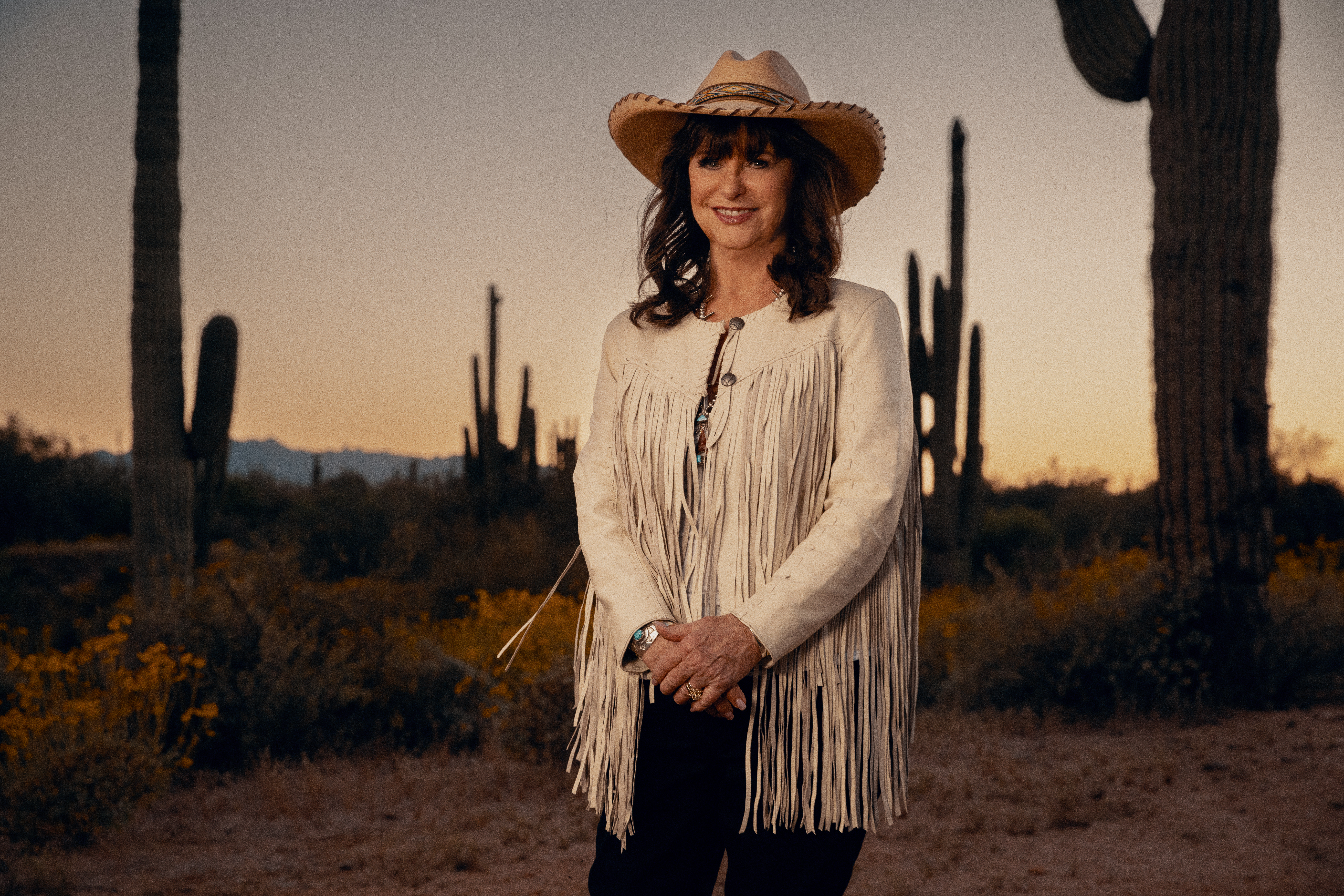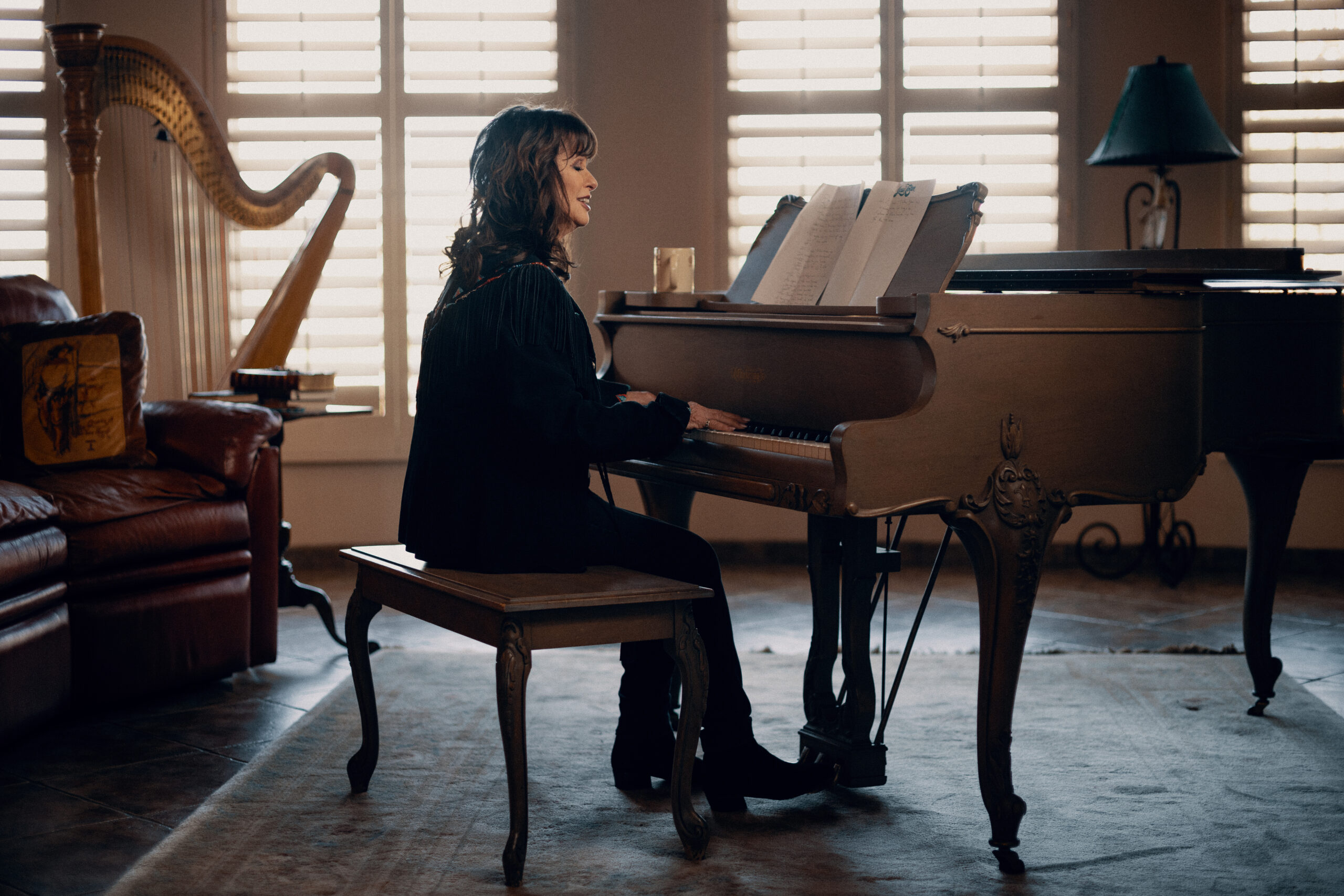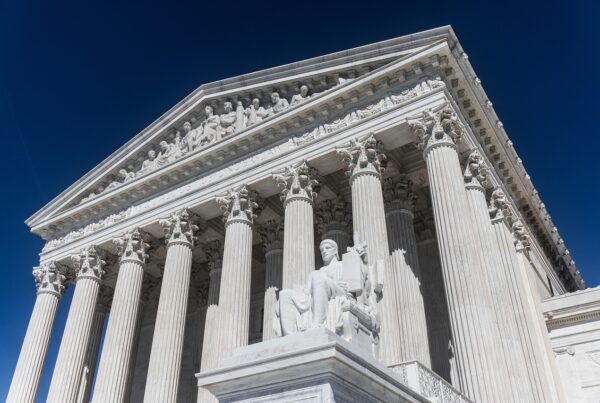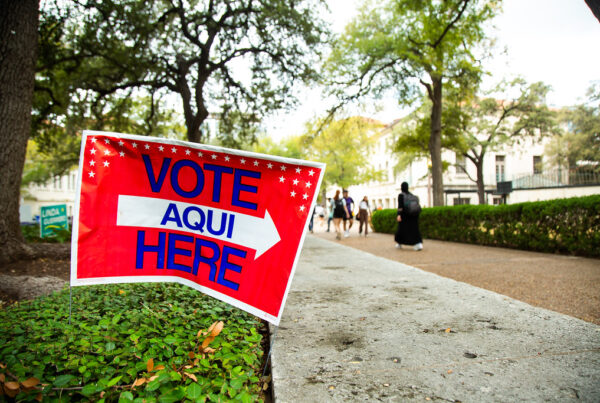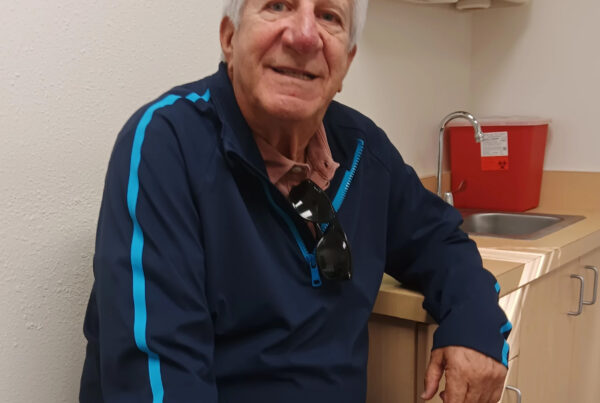Back in 1975, Jessi Colter’s song “I’m Not Lisa” put her on just about everyone’s radar – plus a few million radios and jukeboxes.
Colter was married to Waylon Jennings by the time this song was a crossover smash. But she’d already been performing for over a decade. With her late husband, Colter collaborated and toured, still releasing music after her husband’s death in 2002.
Earlier this year, when we did a feature on a piece about women in outlaw music, Jessi’s name was at the very top. She’s a pioneer and trailblazer who, from the sound of it, never left the trail, because she’s back with her 13th studio album, “Edge of Forever” – though she hadn’t actually intended to make any more music.
“The things that have come to me have been very unexpected and blessed. And I look at life full of phases, and I would never have dreamed some of the great surprises that have come my way,” Colter said. “And I’ve learned that the best thing you could do is say ‘yes’ if you resonate to it, you know? So, that’s what I did.”
» MORE: Country legend Jessi Colter reflects on her life as ‘An Outlaw And A Lady’
Colter credits Margo Price – who produced the album – and her husband, Jeremy Ivey, for getting her back to the studio.
“You know, Jeremy said, after a concert I attended of hers locally here, ‘it would be great for you to do another album.’ I said ‘sure.’ I forgot about it. But these are songs that I’ve lived or seen somebody very close by live. And so, you know, it’s just been a natural occurrence,” she said. “Frankly, I was dragging my feet a little, but her band was on – I would say spot on. And incredible. It was just, you know, it was an upper – it was fun. And it took time, you know, to work through the kinks to get here. But it’s all, it’s all good now.”
It’s a collaborative project: In addition to being produced by Price, it was mixed by Colter’s son, Shooter Jennings, and includes a couple of songs co-written by her daughter, Jennifer Eddy Jennings. And it even includes a song, “Lost Love Song,” found in Waylon’s briefcase.
”He just heard it more or less for me to listen to. So, he handed it to me. There was no information, as I remember, on it. I fell in love with the song because it so speaks of the prison of love,” Colter said. “You usually have one of those songs that you keep in your pocket to inspire you. You very seldom decide to record that song. And that was one of those to me, and so I thought, you know, I’m just going to put it out there.”


